Uncategorized
-
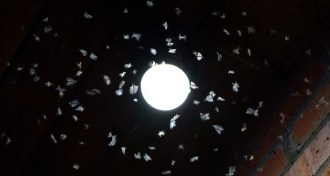 Life
LifeLight pollution can foil plant-insect hookups, and not just at night
Upsetting nocturnal pollinators has daylight after-effects for Swiss meadow flowers.
By Susan Milius -
 Climate
ClimateSouth Asia could face deadly heat and humidity by the end of this century
If climate change is left unchecked, simulations show extreme heat waves in densely populated agricultural regions of India and Pakistan.
-
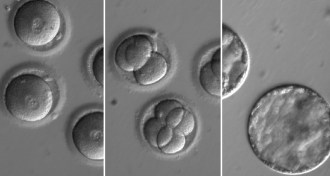 Genetics
GeneticsGene editing of human embryos gets rid of a mutation that causes heart failure
Gene editing of human embryos can efficiently repair a gene defect without making new mistakes.
-
 Health & Medicine
Health & MedicineOne in three U.S. adults takes opioids, and many misuse them
More than a third of U.S. adults used prescription opioids in 2015, and nearly 13 percent of that group misused the painkillers in some way.
By Kate Travis -
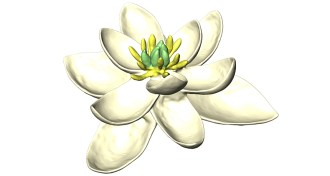 Plants
PlantsA new portrait of the world’s first flower is unveiled
A reconstruction of the first flowers suggests the ancient blooms were bisexual.
-
 Planetary Science
Planetary ScienceEvidence mounts for an ocean on early Venus
Not long after its birth, Venus may have rocked a water ocean, new simulations suggest.
-
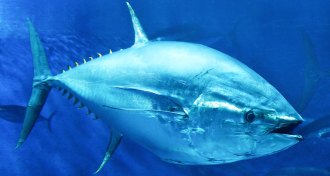 Animals
AnimalsNewly discovered lymph hydraulics give tunas their fancy moves
There’s still some anatomy to discover in fishes as familiar as bluefin and yellowfin tunas.
By Susan Milius -
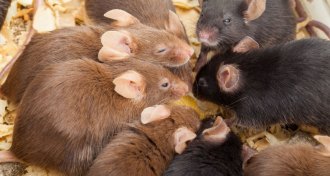 Neuroscience
NeuroscienceMice with a mutation linked to autism affect their littermates’ behavior
Genetically normal littermates of mutated mice behave strangely, suggesting that the social environment plays a big role in behavior.
-
 Materials Science
Materials ScienceDiamond joins the realm of 2-D thin films, study suggests
Scientists squeezed graphene sheets into diamondene.
-
 Space
SpacePotential ingredient for alien life found on Titan
The atmosphere and oceans of Saturn’s moon Titan contain vinyl cyanide, a compound predicted to form cell-like bubbles.
-
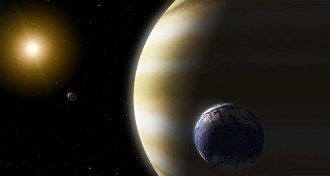 Astronomy
AstronomyAstronomers may have found an exomoon, and Hubble is going to check
A distant object may be the first exomoon detected.
-
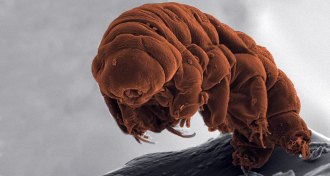 Genetics
GeneticsTardigrades aren’t champion gene swappers after all
Genetic studies reveal more secrets of the bizarre creatures known as tardigrades.